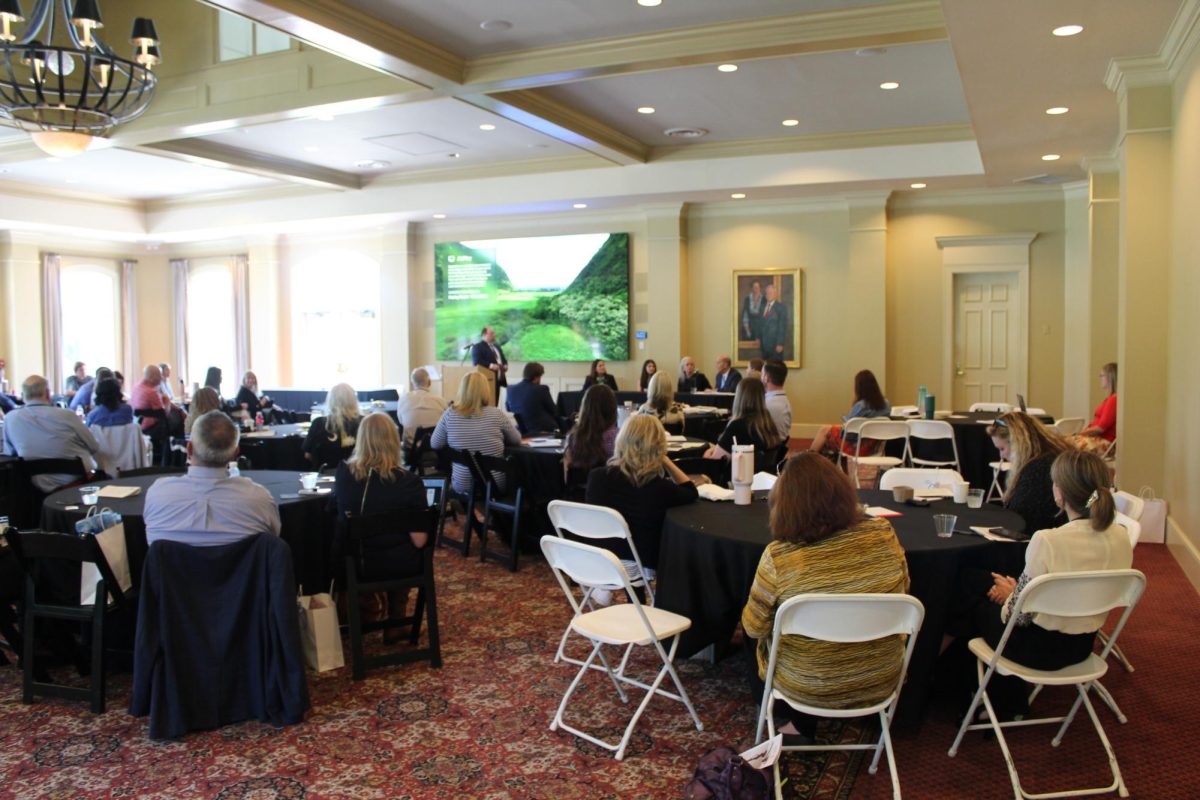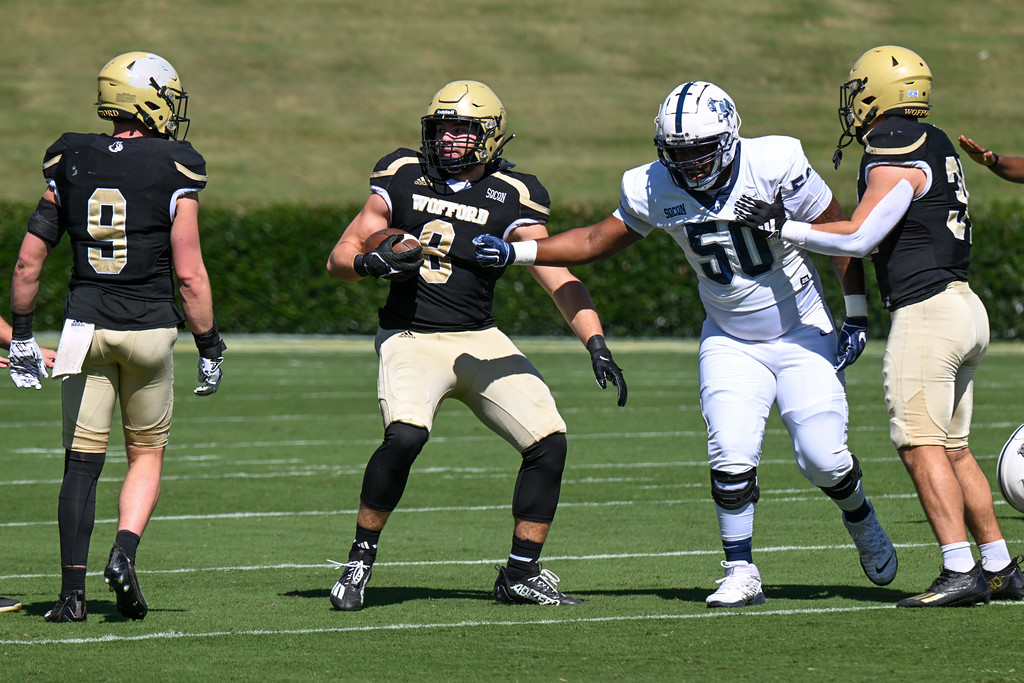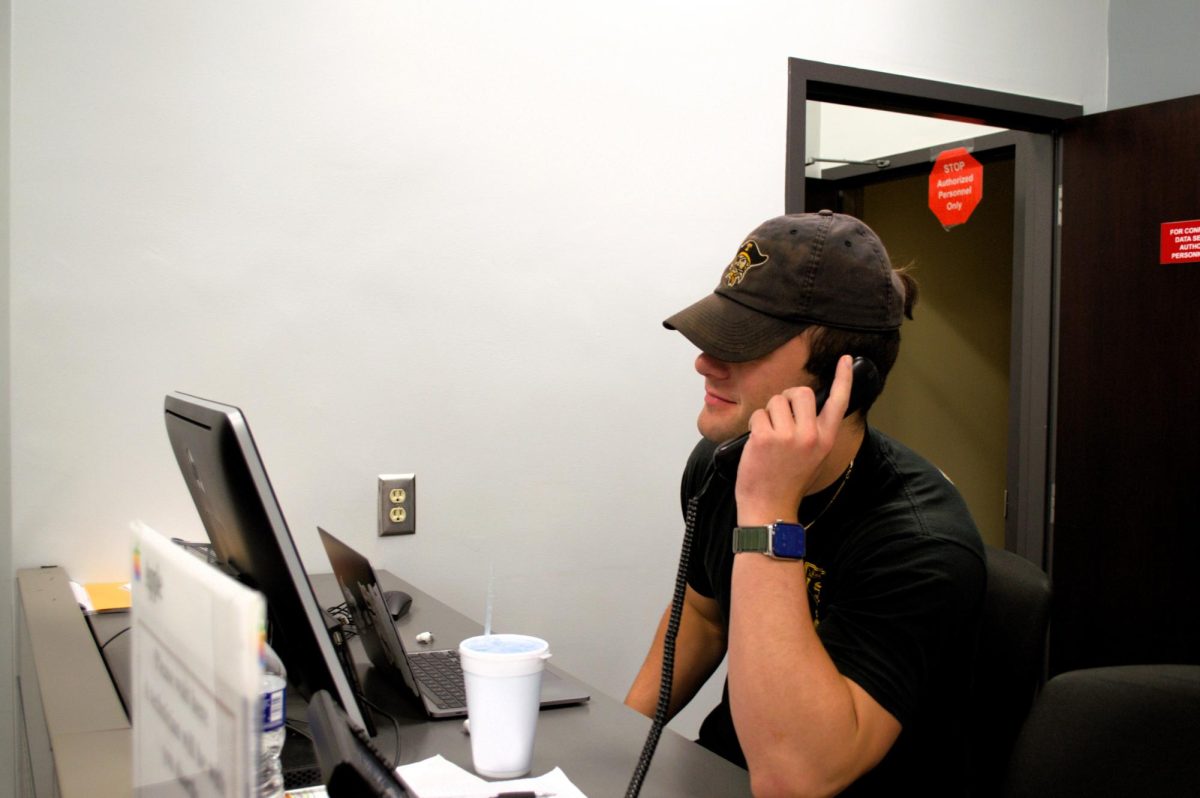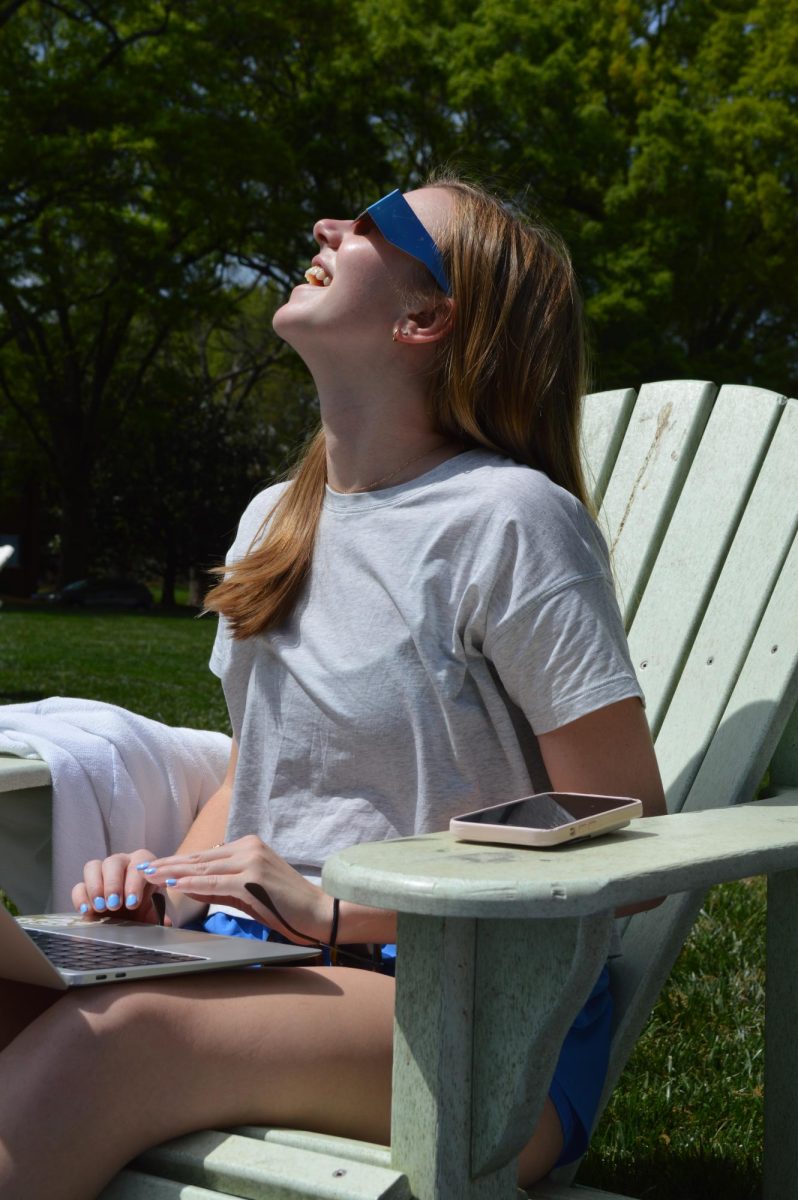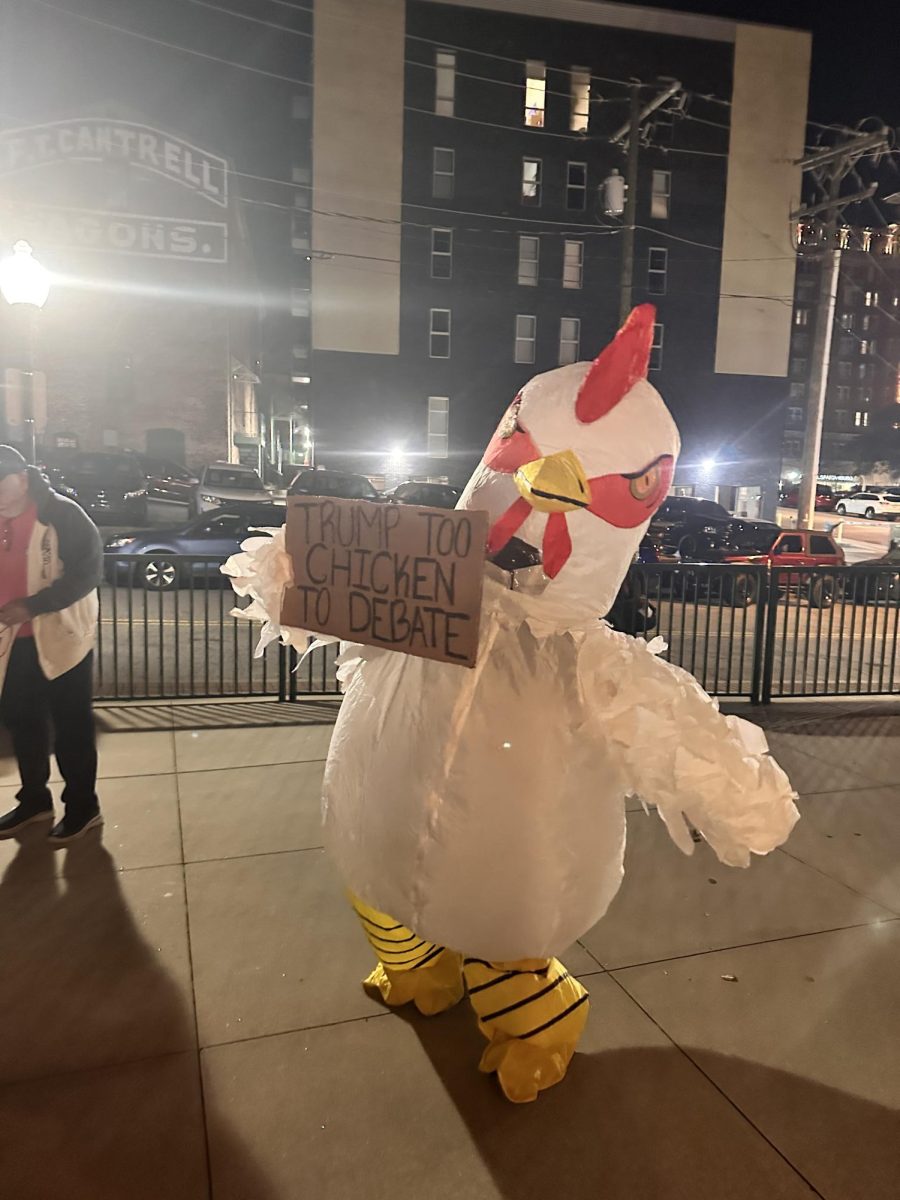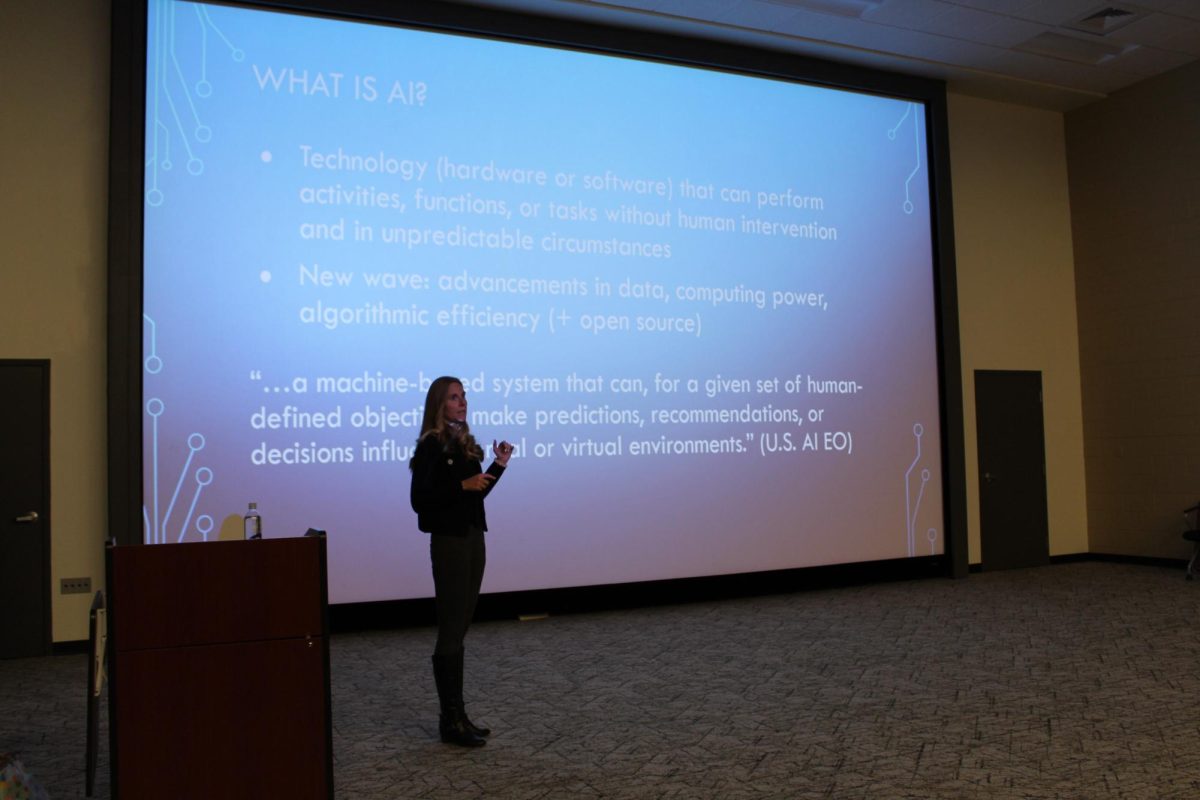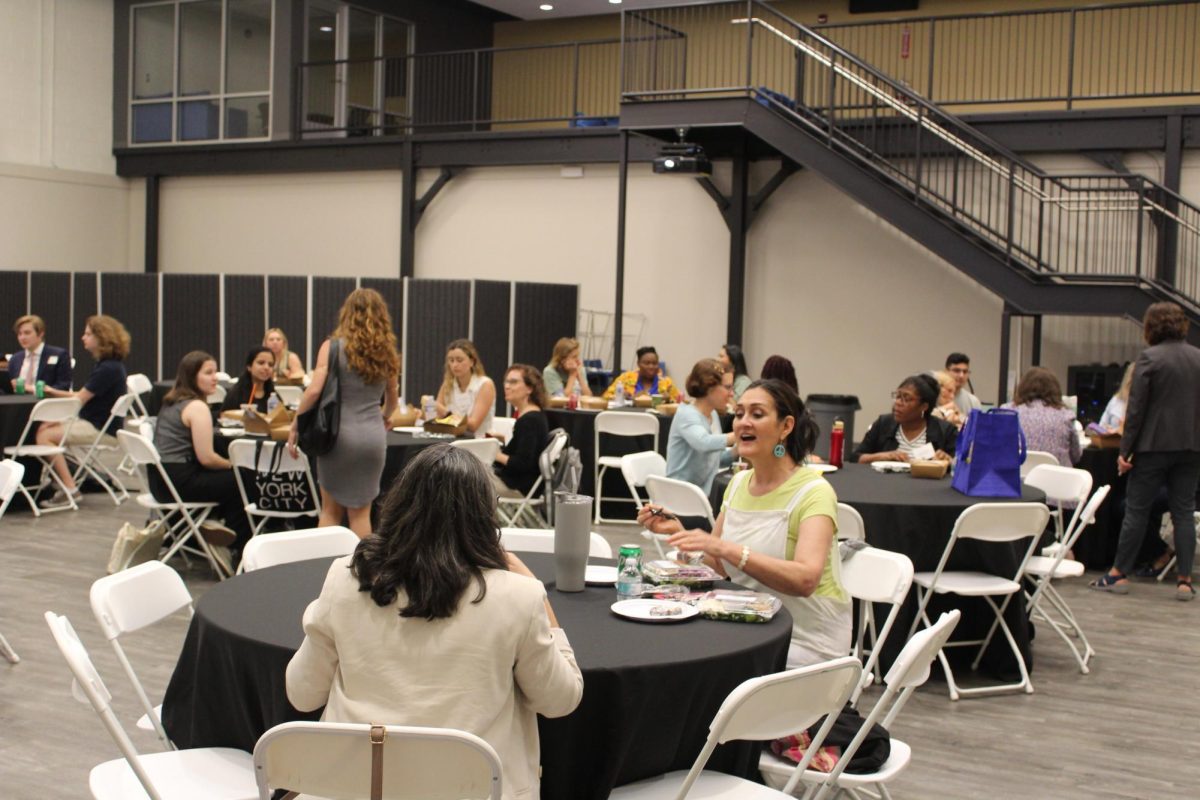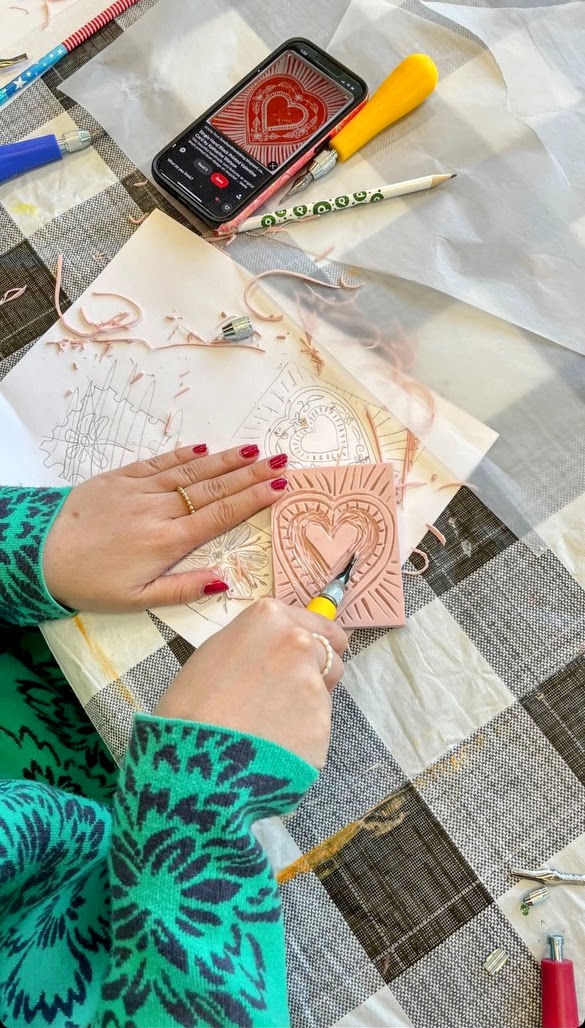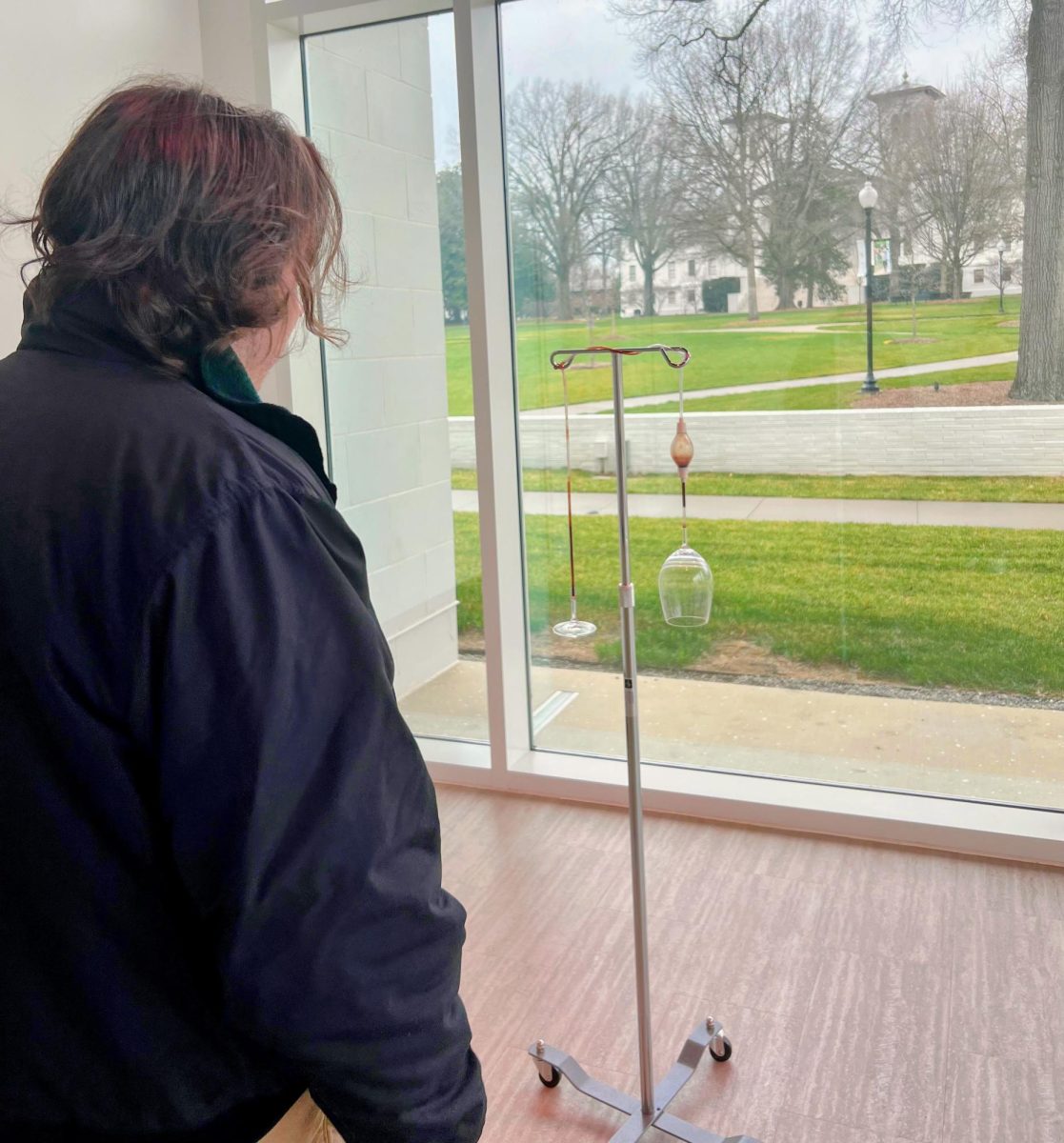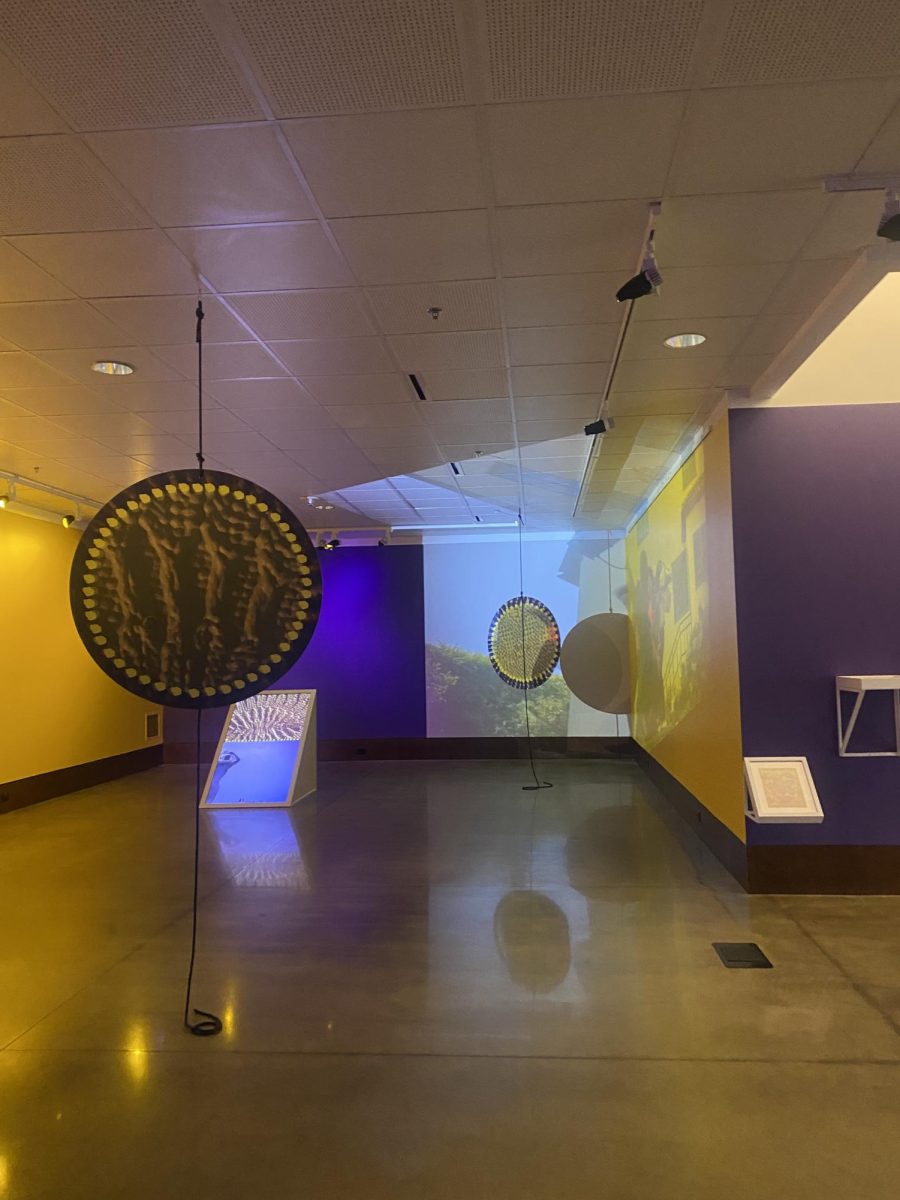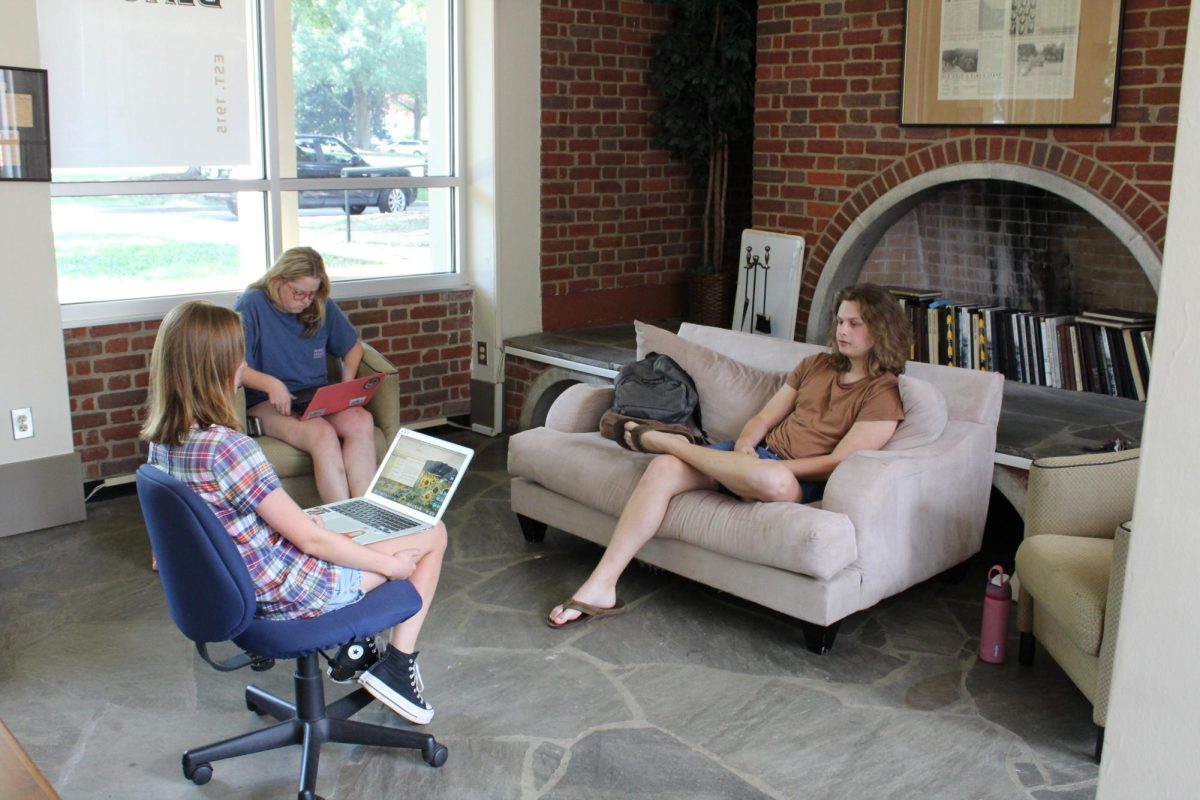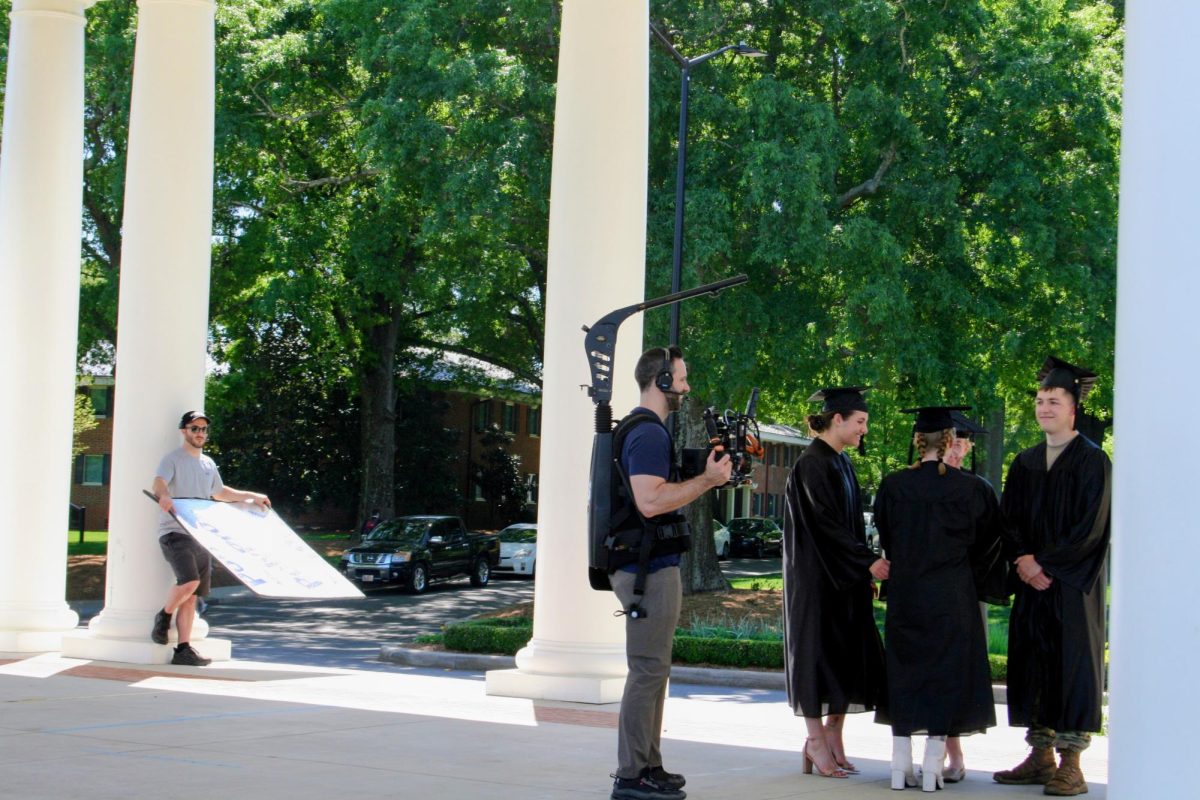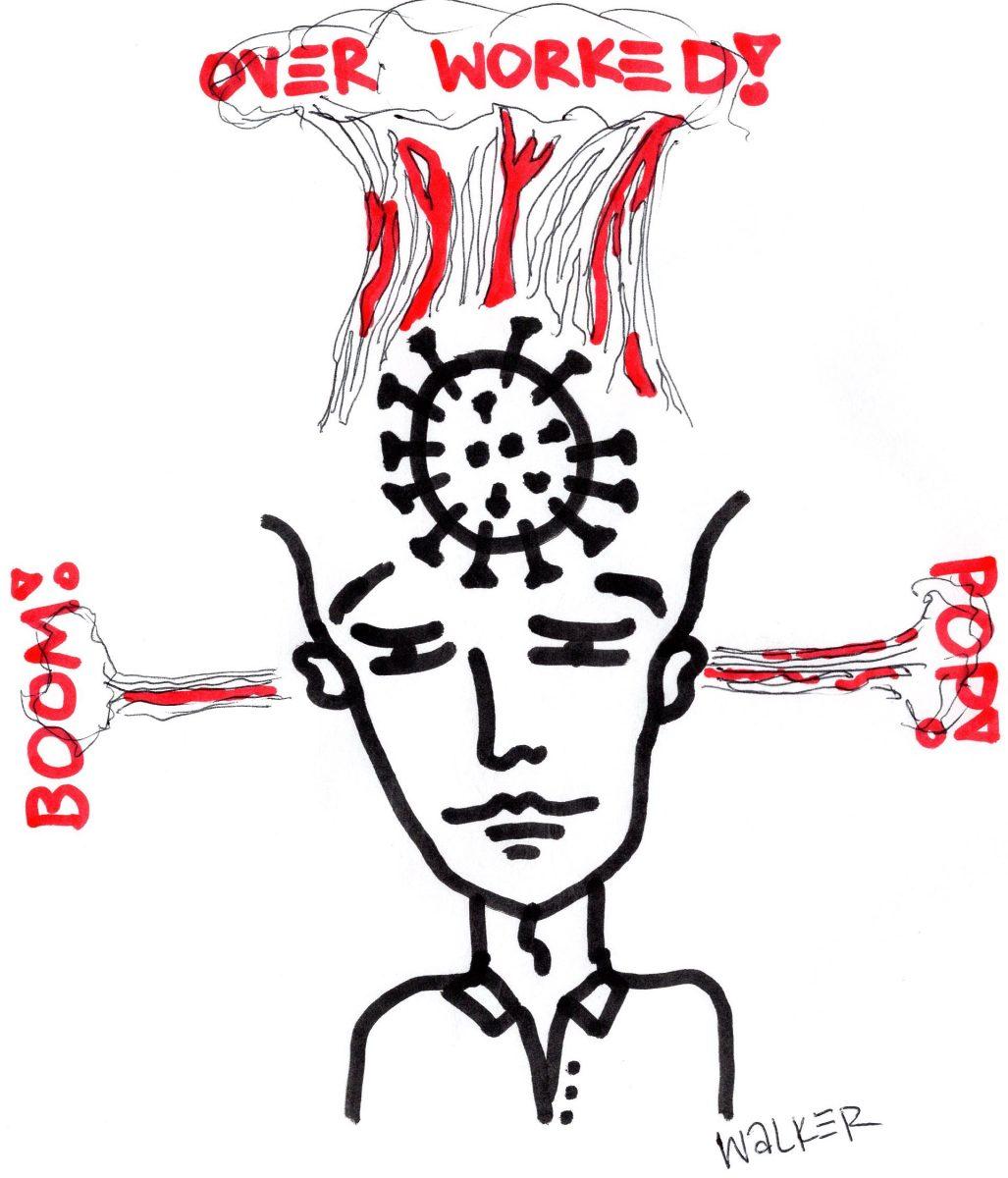Coping with stress and staying engaged in the world of COVID-19
March 2020 yielded unexpected turmoil that altered the world and forced us to establish a new normal. COVID-19 reverberated across the nation, bringing life to a standstill that has impacted students and professionals alike.
The formidable disease has equalized all through fear and uncertainty of the future; it has temporarily deprived us of the ability to support one another through physical togetherness. The lack of in-person interaction, coupled with concerns over the spread of the virus and worry for loved ones at high risk has noticeably created a heightened level of anxiety at-large as well as among members of the Wofford community.
Studies show that stress under certain conditions can be a motivator, improve performance and acts as a lifesaving mechanism by triggering our nervous system’s “flight or fight” response. However, prolonged stress can lead to physical and psychological consequences such as the disruption of normal bodily functions.
Katherine Steinmetz, associate professor of psychology, explained that chronic stress is especially harmful to students because it can hinder the brain’s ability to encode information.
“The pandemic has lasted long enough that it is a chronic stressor.
When stress levels are high, it is more difficult to encode information. It is more difficult to have sustained attention because you are constantly thinking about other things that you need to deal with,” said Steinmetz.
For some students, finding ways to be engaged in and out of the classroom while adjusting to the structure of the fall semester has been a primary cause for concern.
Sarah Buford ‘24 expressed worries over how the quality of her education might be impacted by the virus, but maintained a positive outlook.
“I was mostly nervous about how classes would look online because I am an in-person kind of learner…..I was concerned that I would not have a good learning experience, but I think that they have done a really good job,”said Sarah.
While stress cannot be completely eliminated, it can be managed or reduced by using certain techniques. Steinmetz went on to list methods of coping with stress such as “exercising, finding time to take breaks and looking for new ways to connect with people.”
Activities specific to campus that can be beneficial to mental health could include yoga sessions, fitness class- es, organizing zoom meetings with groups or participating in outdoor events such as picnics.
For those managing familial responsibilities along with a career, contending with COVID-19 has been a trial requiring resiliency and fortitude like never before. One faculty member that expressed this sentiment was Lisa Cantwell, assistant professor of biology, who is instructing her classes remotely.
“Having a high-risk child in the household,” she said, “we make sure to take every precaution. We spend 30- 45 minutes wiping everything down before it comes into this house. From a biologist’s perspective I know the dangers it can bring.”
Cantwell also had her campus family at the forefront of her mind, voicing concerns over the welfare of colleagues and students who are in-person for classes: “Time usage has changed….on top of worrying about colleagues that are teaching on cam- pus and worrying about you guys that are living on campus and potentially experiencing peer pressure to maybe do things that you don’t want to do outside of the regulations from people that don’t take is so seriously.”
Mental and emotional difficulties are often hidden struggles. Perhaps the greatest takeaway from this experi- ence is that there is no shame in vulnerability with people that you trust. If you need help navigating through this period or feel isolated it is important to find someone to talk to and to know that you do not have to suffer in isolation. Now more than ever, it is imperative to exercise the values of Wofford by making it our responsibility to reach out and offer a helping hand to fellow members of the community.
Written by Nehmiah Broadie


